WBP’s response to the European Commission Communication on a comprehensive approach to mental health
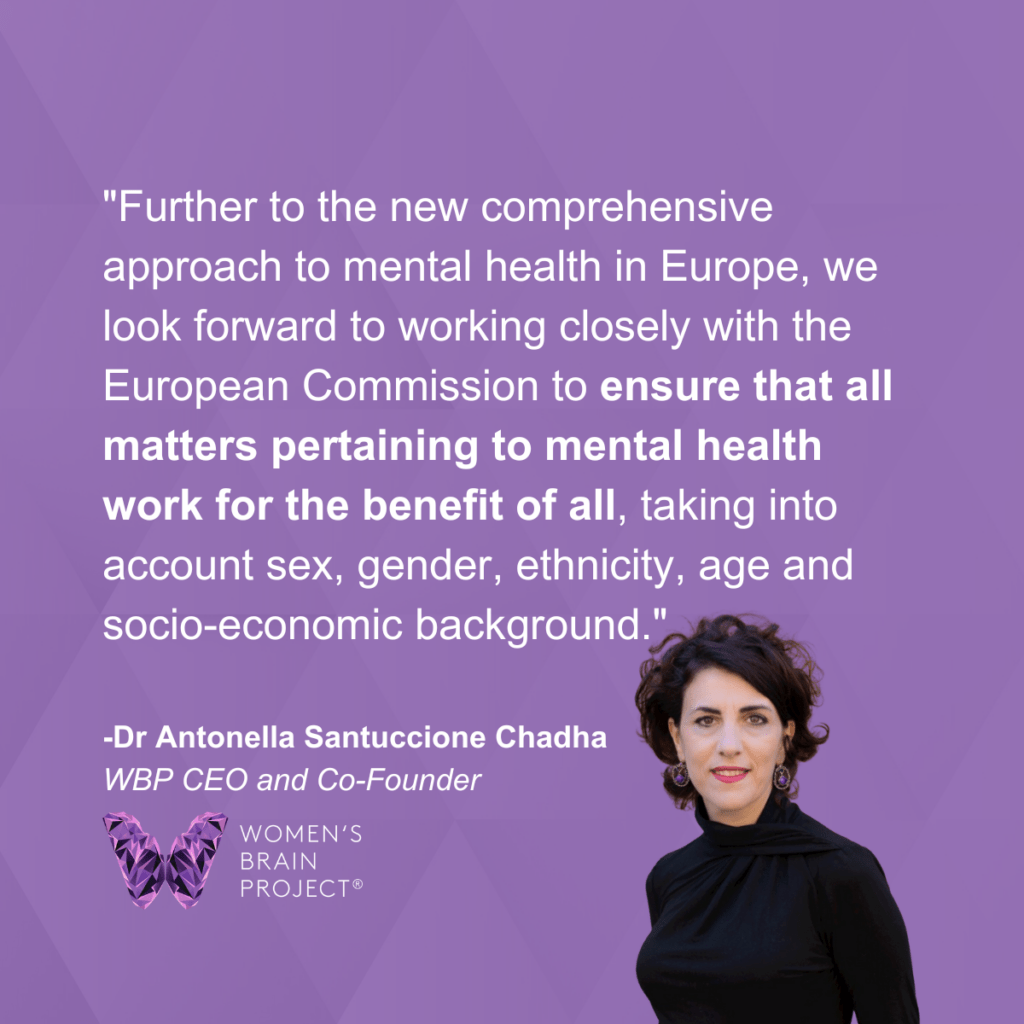
Mental Health on the EU policy agenda: It is ok to not be ok On 7 June 2023, the European Commission presented the Communication on a comprehensive approach to mental health. Better mental health is both a social and an economic imperative. Before the COVID-19 pandemic, mental health problems affected around 84 million people in […]
Women’s Brain Project Co-Author of Nature Reviews Neurology, “Perspective: Global synergistic actions to improve brain health for human development”
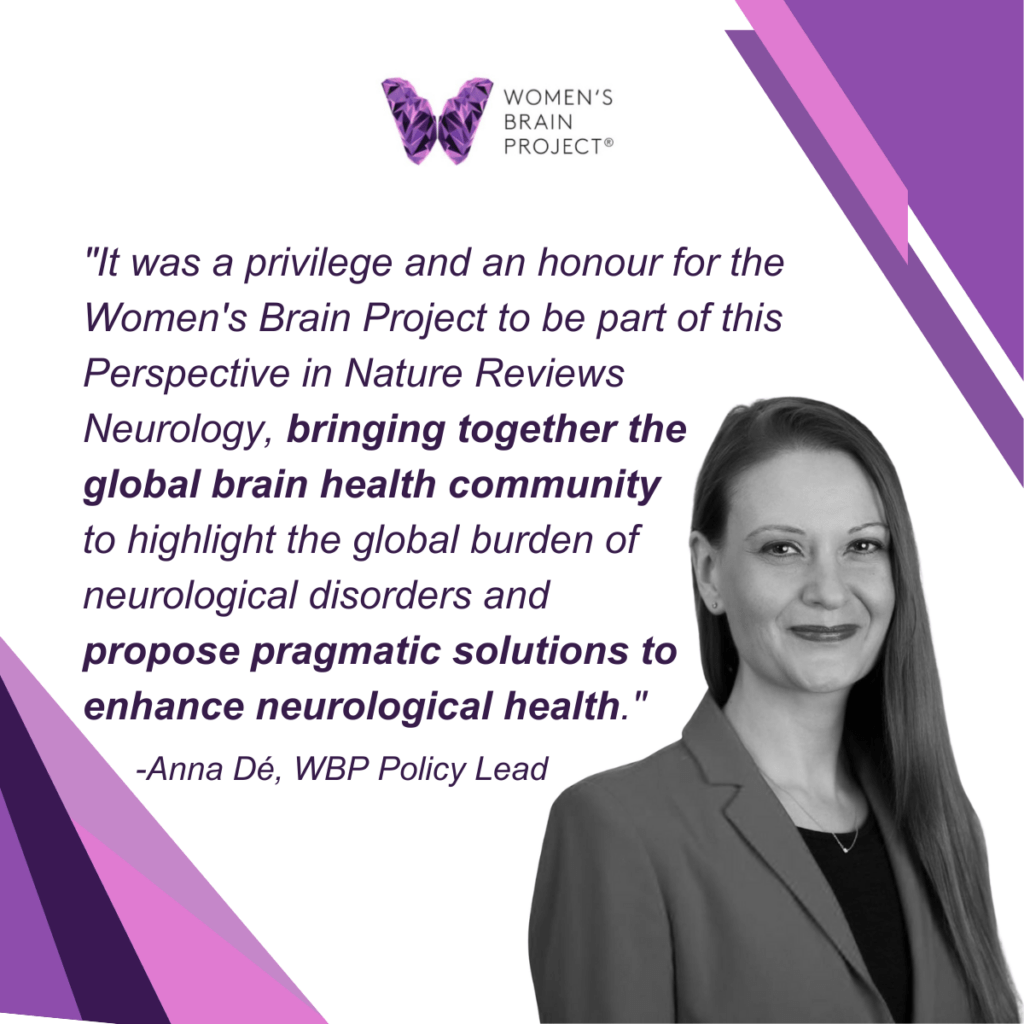
The Women’s Brain Project believes that to improve global health and sex and gender precision medicine we must implement a multi-stakeholder approach, from patients and caregivers to policymakers and governments; we are truly stronger together than we are alone. This is why WBP is proud and grateful that our CEO and co-founder Dr Antonella Santuccione […]
The Video Journal of Dementia: “Sex and gender differences in the Alzheimer’s disease patient journey”
Let’s Learn Series: Let’s Learn About MG with Maya Uccheddu

Myasthenia gravis (MG) is a neuro-muscular autoimmune disease which results from antibodies that block or destroy nicotinic acetylcholine receptors (AChR) at the junction between the nerve and muscle. MG most often occurs in young adult females under the age of 40 but can affect people of all sex and genders, ethnicities and ages. MG usually […]
Let’s Learn Series: Dance and Women’s Health with Rachel Marlins

As many of you will already be aware, Tina Turner passed away this week. Tina Turner remains a great inspiration for many women, a brilliant singer, as well as dancer, she escaped domestic abuse and reinvented herself as a global music superstar. In later years, she suffered her own health issues, including stroke and cancer. […]
WBP Let’s Learn Series: Let’s Learn About MS with Allison Dye

“Multiple Sclerosis (MS) is one of the most common diseases of the central nervous system (brain and spinal cord).” -MS International Foundation MS is the most common disabling neurological disease in young people. People with MS are 2 to 3 times more likely to experience Migraine. People with MS are also more at risk for […]
Applied Clinical Trials: “Measured Momentum: Digital Biomarkers and Clinical Trials”
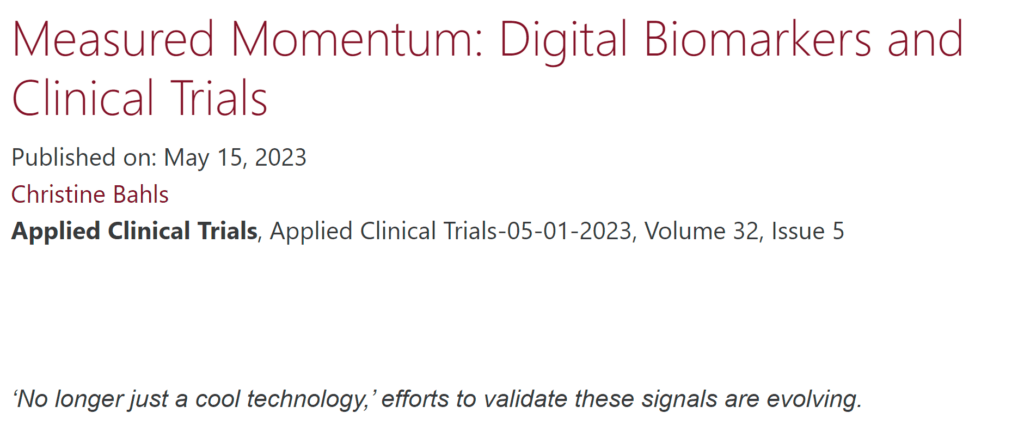
Applied Clinical Trials: “Q&A with Antonella Santuccione Chadha, MD, chief medical officer, Altoida, and pro bono CEO of the Women’s Brain Project”
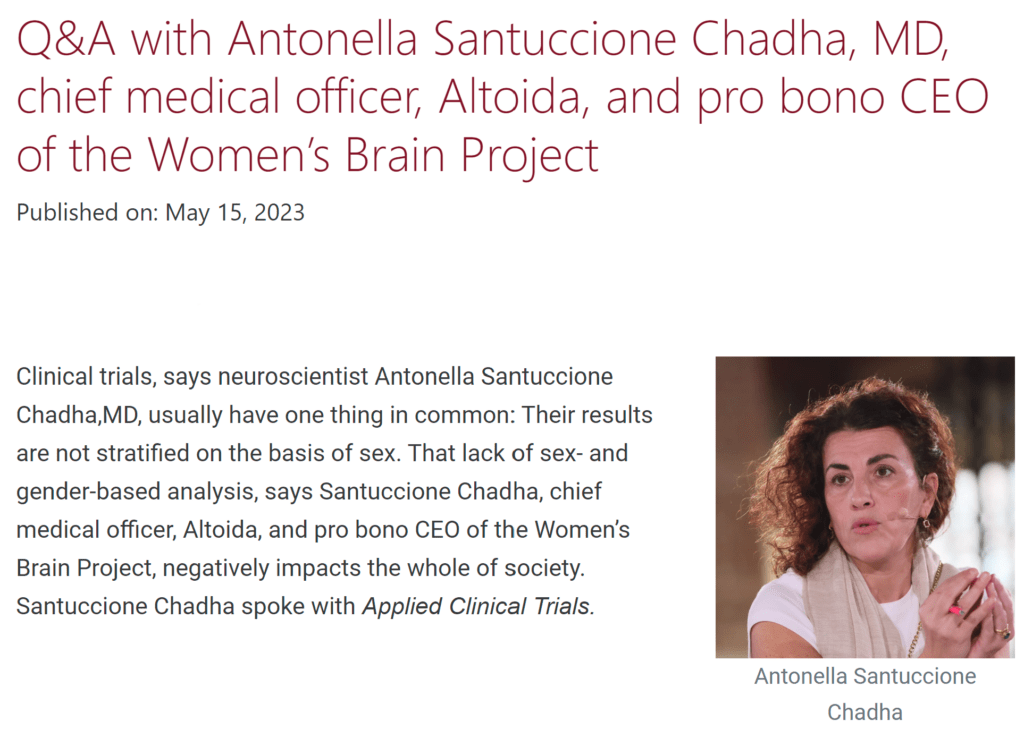
Geo: “Der ignorierte Unterschied: Warum Frauen eine andere Medizin als Männer brauchen” (Paywall)
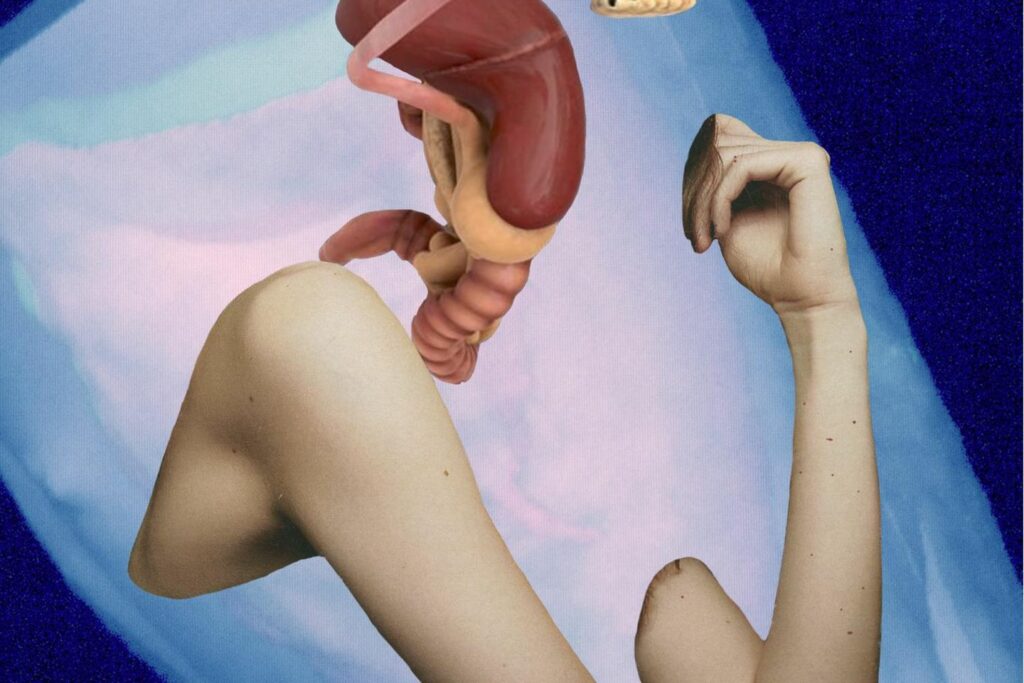
Männer sind der Standard in der Medizin. An ihnen werden Medikamente getestet, auf sie sind Therapien zugeschnitten. Nur langsam reift die Erkenntnis: Frauen werden anders krank. Und sie bedürfen einer anderen Behandlung. Lesen Sie mehr.
WBP Let’s Learn Series: Let’s Learn About PD with Richelle Flanagan
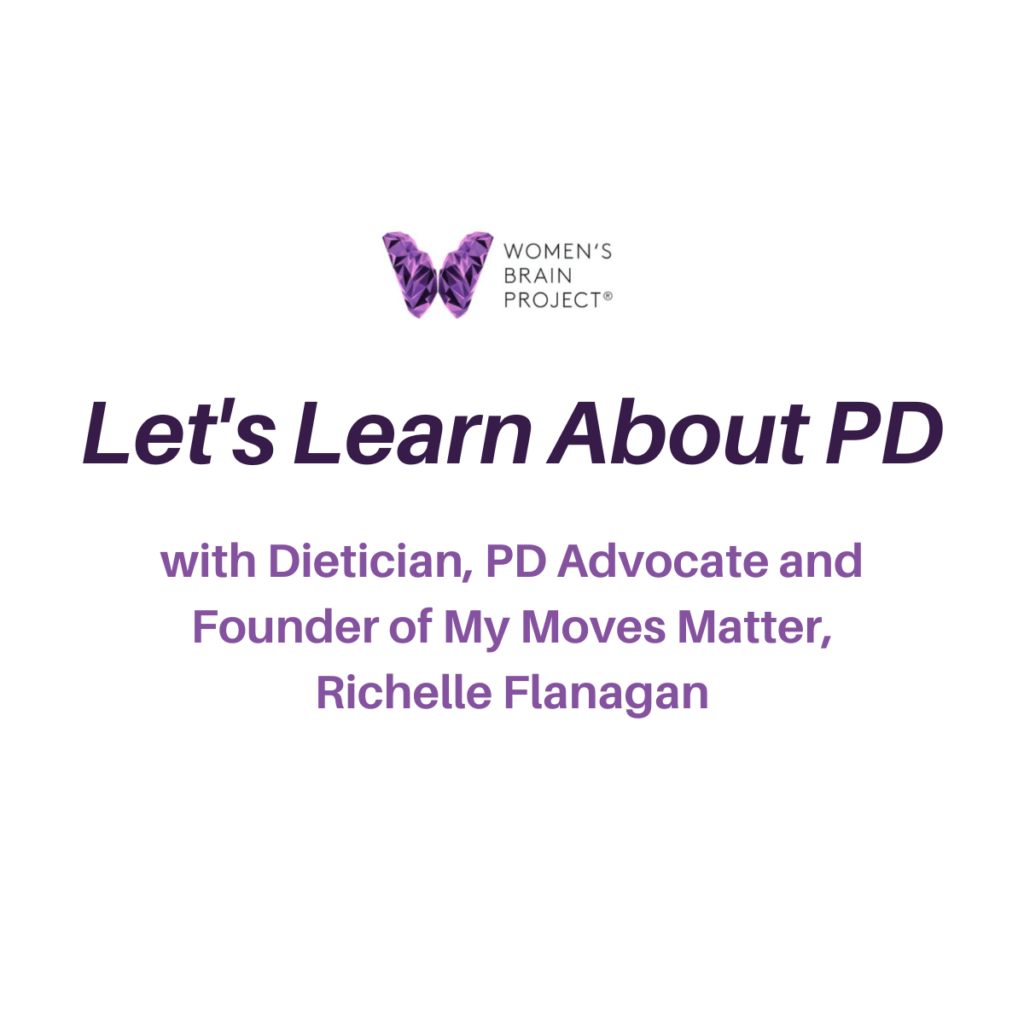
“Parkinson’s Disease (PD) is a neurodegenerative disorder that affects predominately the dopamine-producing (‘dopaminergic’) neurons in a specific area of the brain called substantia nigra.” -Parkinson’s Foundation A misconception about Parkinson’s Disease is that it only affects men, but 40% of people with Parkinson’s around the world are women. It’s also not widely known that 30% of […]



